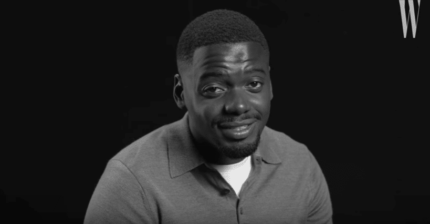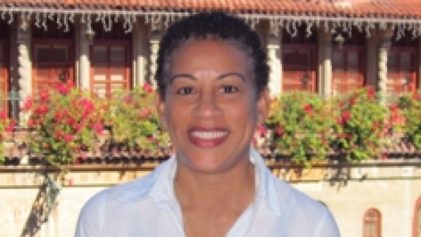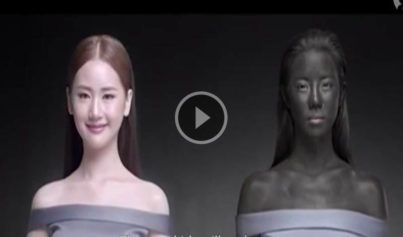Young South Koreans blame previous generations and misinformation coming from American media for their negative views on Black people living in the homogeneous Asian nation.
In a series of man-on-the-street interviews conducted by Asian Boss, Koreans revealed that their racial biases about Black people stem from disparaging portrayals of Black people on TV and in movies. These images have instilled the belief that Black people are strong, natural athletes and, in many instances, inherently dangerous.
A number of young Koreans also shared that Black people living in the country face discrimination because older native Koreans underestimate Black people’s ability to speak the language.
“I don’t think our generation has a very negative perception towards them,” one woman tells the reporter. “It’s actually our parents’ generation that would see white and Black people a little differently.”
The interviews were sparked by native-born Ghanaian television personality Sam Okyere’s story about the racism he’s faced in South Korea.
During a January appearance on “As You Say,” Okyere recounted a particular incident he experienced while on the way home. The K-Drama actor recalled leaving school one day and boarding a busy subway train around rush hour.
When he tried to take one of the few available seats, a woman ran by him quickly and took the space. She lifted her legs and blocked him from sitting, but he said it was what she said that bothered him most.
“She stretched out her legs to stop me from sitting,” he recounts. “She said, ‘What is this Black bastard doing in Korea?’ She told me to go back to my country.”
Many of the young people interviewed admitted to seeing similar incidents and doing nothing to stop it. For instance, a male interviewee said that Black people have been called “Blackie” and “Negro” on the street.
The young people are convinced that America’s diversity makes the country less bigoted than Korea. They also believe that the discrimination Black people face in Korea is worst than in America because “white people wouldn’t stare at Black people on the street,” one woman says.


